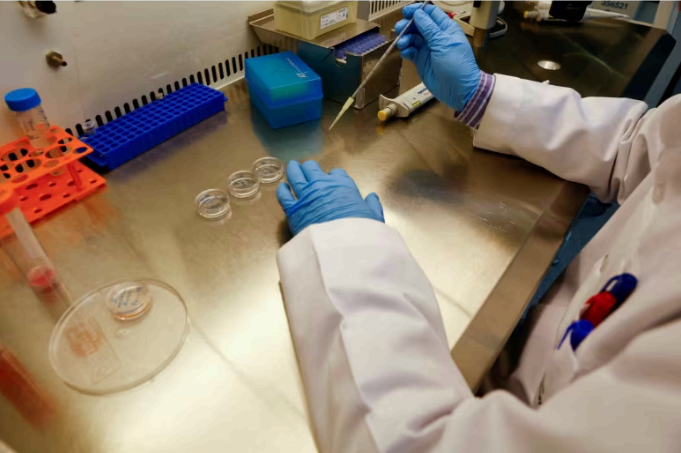
Navigating the Pharmaceutical Landscape: Key Challenges and Opportunities
The pharmaceutical industry is at a pivotal juncture, facing a confluence of challenges and opportunities that will shape its future trajectory. As we step into 2025, it’s imperative to understand these dynamics to navigate the evolving landscape effectively.
1. Pricing Pressures and Regulatory Scrutiny
Pharmaceutical companies are encountering increased scrutiny over drug pricing. In early 2025, over 800 prescription drugs saw list price hikes averaging 4%, slightly down from the previous year’s 4.5% increase. This trend reflects a strategic move to balance profitability with public perception, especially amidst political pressures. Notably, some companies have faced regulatory actions for non-disclosure of payments to health organizations, underscoring the need for transparency.
wsj.com
theguardian.com
2. Geopolitical Influences on Supply Chains
Geopolitical tensions are impacting global pharmaceutical supply chains. Export bans and trade restrictions can disrupt the availability of essential medicines, leading to shortages and increased costs. A study highlighted that geopolitical strains could exacerbate drug shortages, particularly in low-income countries, emphasizing the need for resilient supply chain strategies.
3. Financial Uncertainties and Investment Dynamics
The pharmaceutical sector is experiencing financial uncertainties, with venture capital funding showing signs of recovery but still facing challenges. In 2024, biotech venture capital funding rose to $28.1 billion, up from $21.2 billion in 2023. However, most 2024 IPOs have underperformed, and potential new tariffs could drive inflation higher. Investors are favoring proven entrepreneurs and well-backed startups, which could marginalize innovative but unproven science.
4. Technological Advancements and Innovation
Advancements in artificial intelligence (AI) and biotechnology present significant opportunities for innovation. The adoption of AI in healthcare is expected to drive efficiencies and accelerate drug development processes. However, integrating these technologies requires substantial investment and adaptation to new regulatory frameworks.
5. Access to Medicines and Global Health Initiatives
Ensuring equitable access to medicines remains a critical global health challenge. Efforts to make treatments more affordable and accessible are ongoing, with initiatives aimed at reducing the cost of essential drugs in low- and middle-income countries. For instance, Gilead Sciences has agreed to voluntary licensing deals allowing companies to produce generic versions of its HIV drug, lenacapavir, for 120 low- and lower-middle-income countries.
Conclusion
The pharmaceutical industry is navigating a complex environment characterized by regulatory challenges, geopolitical tensions, financial uncertainties, technological advancements, and a commitment to global health. By staying informed and adaptable, companies can not only overcome these challenges but also leverage emerging opportunities to drive innovation and improve patient outcomes.
Recent Developments in the Pharmaceutical Industry
Drugmakers Show Restraint on Price Increases in New Trump Era
www.wsj.com/health/pharma/drug-prices-raised-2025-5a1cec3f
Biotech Venture Investors Optimistic, but Uncertainties Persist
www.wsj.com/articles/biotech-venture-investors-optimistic-but-uncertainties-persist-0380fdca
Biotech Venture Investors Optimistic, but Uncertainties Persist
www.theguardian.com/business/2025/jan/26/wegovy-maker-novo-nordisk-rebuked-by-watchdog-over-failure-to-disclose-payments-to-uk-health-groups
